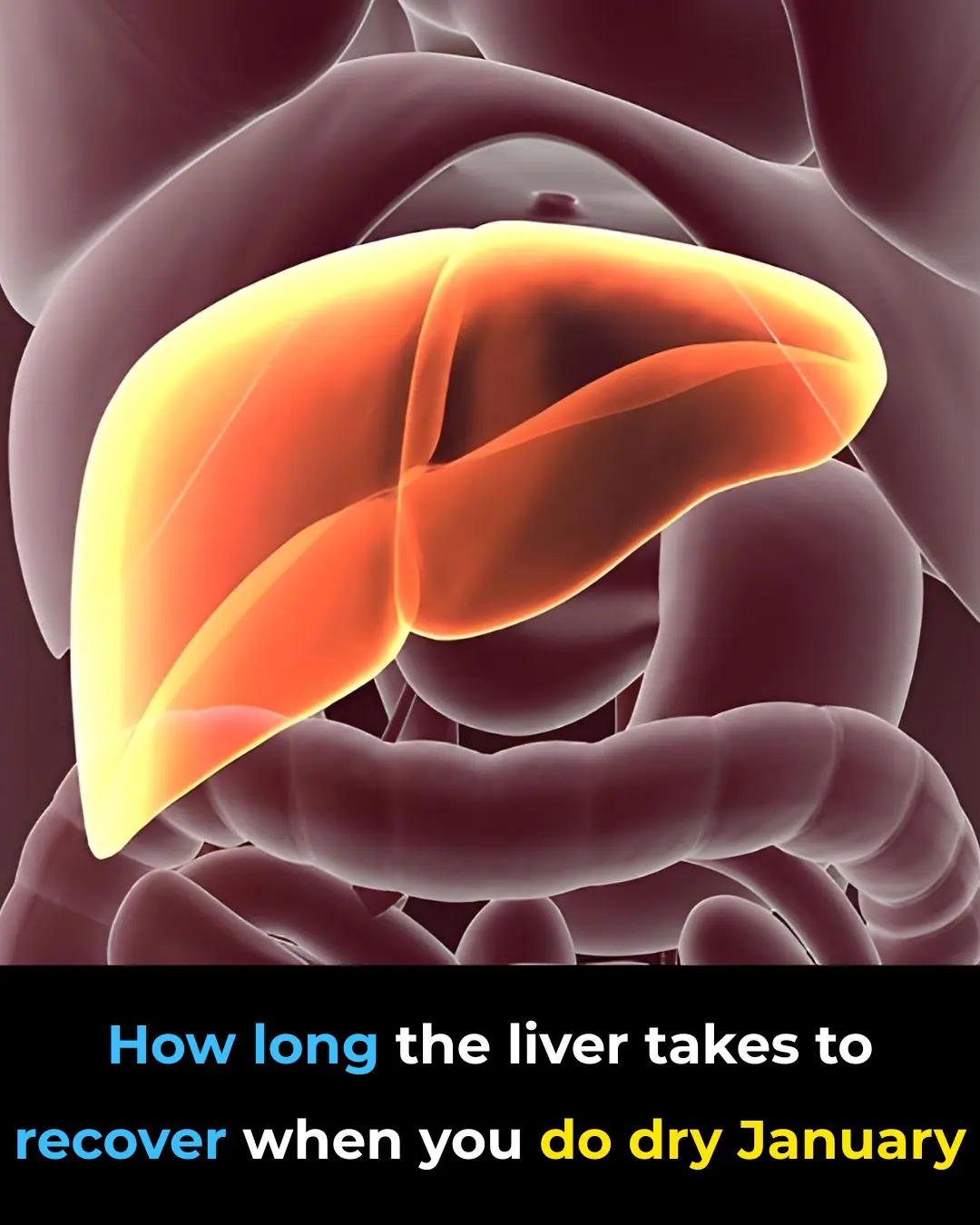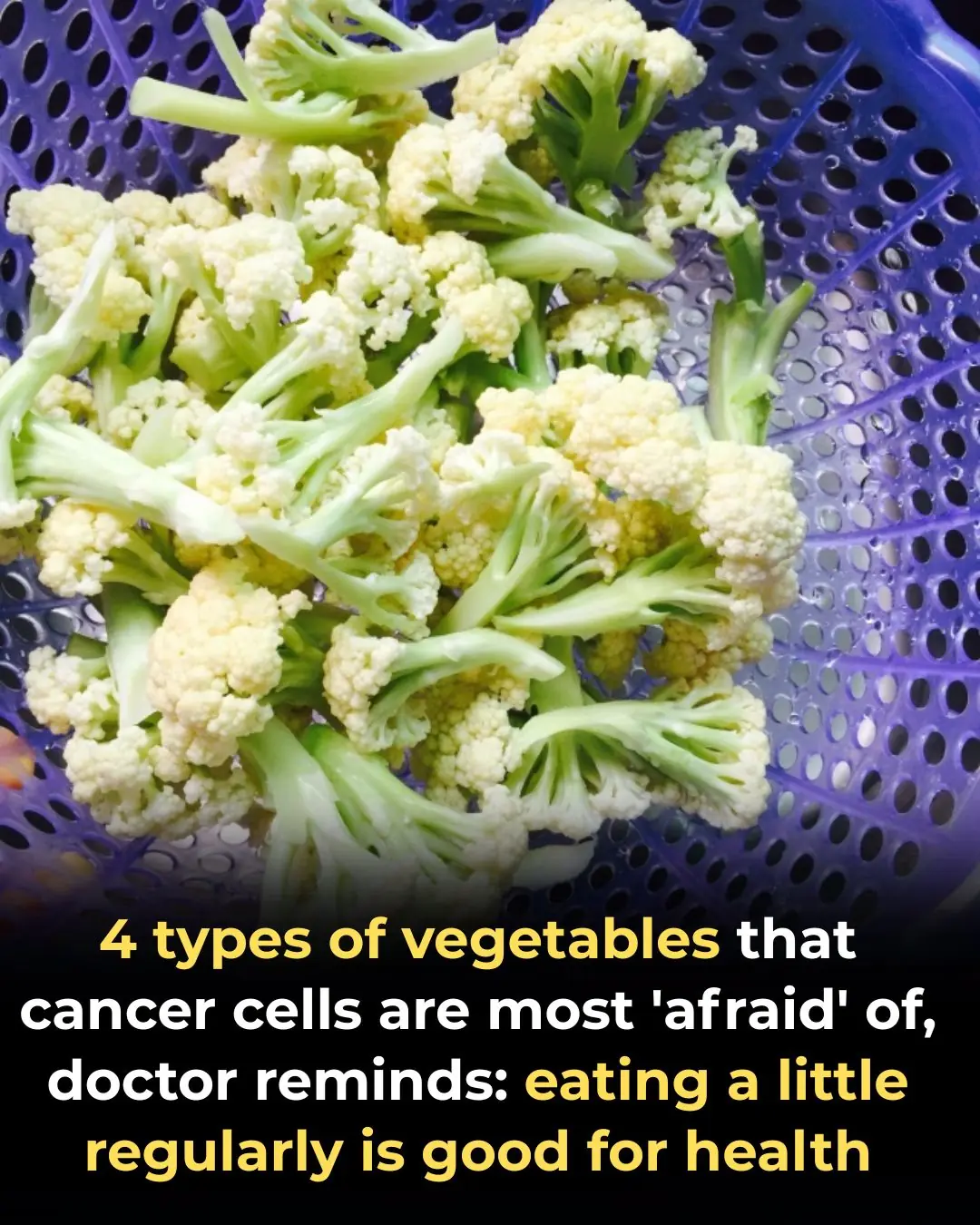
Signs Your Cortisol Is Dangerously High
Signs Your Cortisol Is Dangerously High
Cortisol is your body's built-in alarm system.
If you feel "off" despite trying to eat well, sleep more, and exercise, high cortisol could be the hidden culprit.

10 Red Flags of High Cortisol
-
Stubborn Belly Fat: High cortisol tells your body to store fat specifically around your midsection.
This "stress belly" is often resistant to diet and exercise and is linked to metabolic issues. -
Constant Fatigue: Chronically high cortisol can disrupt your body's natural circadian rhythm.
You might feel exhausted upon waking up but "wired and tired" at night, making it difficult to fall asleep. -
Strong Cravings for Sugar and Carbs: Cortisol causes blood sugar levels to drop, leading to intense cravings for sugary and high-carb foods. This can result in overeating and weight gain.
-
Brain Fog and Memory Issues: High cortisol levels can shrink the hippocampus, the part of the brain responsible for memory and learning.
This can lead to brain fog, poor focus, and memory problems. -
Weakened Immune System: Cortisol suppresses your immune system, making you more susceptible to getting sick.
You may notice that you catch colds more often or that your body takes longer to recover from an illness or a wound. -
Mood Swings and Anxiety: High cortisol can lower serotonin levels, leading to increased irritability, anxiety, and even depression. It makes it harder to manage even small daily stressors.
-
High Blood Pressure: Cortisol constricts your blood vessels, which can lead to hypertension or high blood pressure, even in people without a history of heart issues.
-
Digestive Problems: Stress slows down digestion.
Chronically high cortisol can cause bloating, constipation, or diarrhea and is linked to conditions like Irritable Bowel Syndrome (IBS). -
Hormonal Imbalances: High cortisol can affect your sex hormones and thyroid function, leading to symptoms like low libido, irregular periods, or worsened PMS.
-
Muscle Weakness and Joint Pain: Cortisol breaks down muscle tissue, causing weakness and aches.
It also increases inflammation, which can worsen joint discomfort.
How to Lower Cortisol Naturally
The good news is that high cortisol levels are completely reversible with simple lifestyle changes.
-
Prioritize Sleep: Aim for 7-9 hours of quality sleep each night.
Stick to a consistent sleep schedule, even on weekends. -
Practice Stress Reduction: Incorporate daily stress-reduction techniques like deep breathing, meditation, or yoga.
Even five minutes a day can make a difference. -
Optimize Your Nutrition: Stabilize your blood sugar by including protein with every meal.
Cut back on sugar, caffeine, and processed foods. Increase your intake of omega-3 fatty acids from sources like fish, chia seeds, and walnuts. -
Try Adaptogenic Herbs: Herbs like Ashwagandha, Rhodiola rosea, and Holy Basil are known to help your body manage stress and can support healthier cortisol levels.
-
Exercise Smarter: Avoid excessive, long-duration cardio, which can sometimes spike cortisol. Instead, focus on strength training, gentle movement like walking, or short bursts of high-intensity interval training (HIIT).
Final Thoughts
High cortisol doesn't always feel like obvious stress, but it can silently damage your body.
News in the same category


What Really Happens to Your Liver During Dry January

15 autoimmune warning signs your doctor keeps dismissing as stress or aging

Why You Keep Waking Up With a Dry Mouth

🌿 What Rosemary Can Actually Do

🩺 If Your Legs Feel Heavy, Cold, or Tingly—Here’s What It Means (And How to Improve Circulation Naturally)

What Does an Itchy Left Hand Mean

Four Types of Vegetables That Cancer Cells “Fear”: Doctors Recommend Eating Them Regularly for Better Health

The Biggest “Invisible Killers” in the Kitchen: These Three Things Can Be More Harmful Than Dirty Cooking Oil — Keep Them Away From the Elderly and Children

How to Identify Fish Contaminated with Urea: No Matter How Cheap, Don’t Buy It

Fig Leaves: A Valuable Medicinal Plant in the Home Garden

The Top 5 Viruses and Bacteria Linked to Cancer Today

4 Foods People Swear Prevent Hangovers—What Science Says

Signs and Symptoms of Influenza (Flu)

Are You Up to Date on Migraine Prevention?

Radiation and Targeted Cancer Therapy Combination Shows Low Risk of Serious Side Effects

Can Metformin Protect Premature Infants After Antenatal Steroid Exposure?

Vaccines and Healthy Aging: Benefits That Go Beyond Infection Prevention

Drink Coconut Water for 7 Consecutive Days and Notice Remarkable Health Benefits

11 Fruits Rich in Iron That Help Improve Blood Health Naturally
News Post

Water your peace lily with this water, and it will bloom all year round.

3 safe and effective ways to get rid of cockroaches at home without affecting your family's health.

Why should you soak dried fish in rice water before frying it?

🚰 Is Drinking Water First Thing in the Morning Beneficial? What Science Says

The Nightly Choice That Could Protect or Endanger Your Brain

What Mixing Vinegar, Salt, and Water Does?

What Really Happens to Your Liver During Dry January

15 autoimmune warning signs your doctor keeps dismissing as stress or aging

Why You Keep Waking Up With a Dry Mouth

🌿 What Rosemary Can Actually Do

🩺 If Your Legs Feel Heavy, Cold, or Tingly—Here’s What It Means (And How to Improve Circulation Naturally)

8 Subtle Signs Angels Might Be Near Your Home

Trick That Makes Cloudy Glasses Shine

What Does an Itchy Left Hand Mean

10 toilet cleaning habits you’re doing wrong

A Single Act of Kindness at the Airport Could Ruin Your Life

Four Types of Vegetables That Cancer Cells “Fear”: Doctors Recommend Eating Them Regularly for Better Health

The Biggest “Invisible Killers” in the Kitchen: These Three Things Can Be More Harmful Than Dirty Cooking Oil — Keep Them Away From the Elderly and Children

A Greek Island Offers Free Living to Those Willing to Care for Rescued Kittens
